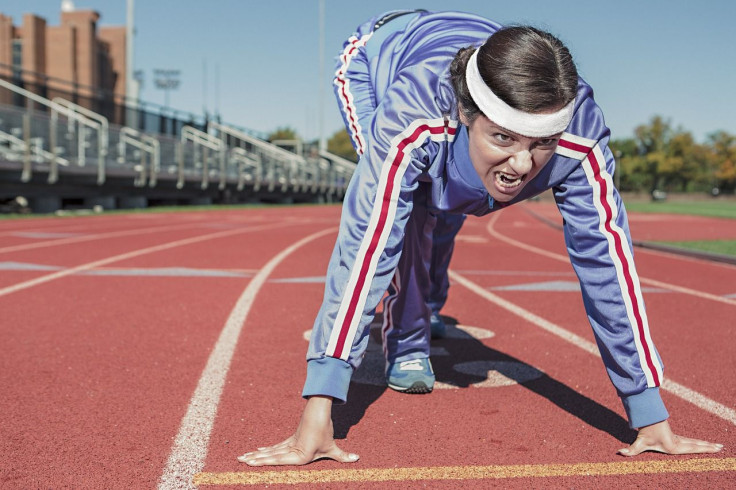Anti-Aging Treatment: High Levels Of Exercise Increase Lifespan Up To 9 Years

There’s no definitive way to stop the natural process we all dread: aging. But, new research suggests there’s possibly a way to slow down the process in our cells.
“Just because you’re 40, doesn’t mean you’re 40 years old biologically,” said study author Larry Tucker, in a news release. “We all know people that seem younger than their actual age. The more physically active we are, the less biological aging takes place in our bodies.”
In his study, published in the journal Preventative Medicine, Tucker found that high levels of consistent exercise is associated with nine years of reduced cellular aging.
Read: Drinking Beetroot Juice Before A Workout May Help Aging Brain Look ‘Younger,’ Study Finds
Tucker, an exercise science professor at Brigham Young University, studied telomeres, which are a specific region of cells correlated with aging. Telomeres are caps at the end of DNA strands that protect our genetic information. As we age, these caps become shorter.
He analyzed the length of telomeres in over 5,800 adults who participated in the CDC’s National Health and Nutrition Examination Survey, which is one of the few data sources that collects telomere length value. The survey also includes data for 62 types of physical activity participants may have engaged in over the course of one month.
He found that adults with high physical activity levels have significantly longer telomeres than those who are sedentary, which indicated a nine year biological aging advantage. They also had an seven-year advantage over those who were moderately active. For women, highly active meant jogging five days per week for at least 30 minutes, and 40 minutes for men.
“If you want to see a real difference in slowing your biological aging, it appears that a little exercise won’t cut it,” said Tucker. “You have to work out regularly at high levels.”
Read: Kids With ADHD And Their Moms Have Shorter-Than-Normal Telomeres, A Sign Of Cellular Aging
Tucker was surprised to learn that there was not a significant difference in telomere length between those who got low or moderate exercise and people who didn’t exercise.
Although exercising may help preserve telomeres, it’s still not understood why, but it may be related to inflammation and oxidative stress.
“We know that regular physical activity helps to reduce mortality and prolong life, and now we know part of that advantage may be due to the preservation of telomeres,” said Tucker.
This study builds on previous research that has associated longer telomeres with exercise. A 2015 study found that the more variety of exercise types, such as walking, riding a bike or weight training, a person engaged in, the lesser their risk was for having unusually short telomeres. But, the researchers point out that the study is associational; therefore, it doesn’t show if exercise causes the telomere length to change. It only shows that those who are physically active tend to have longer telomeres.
See also:



























